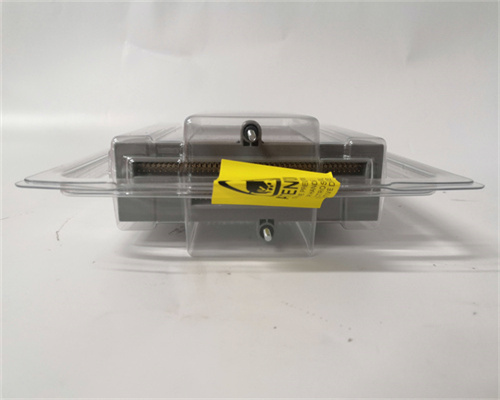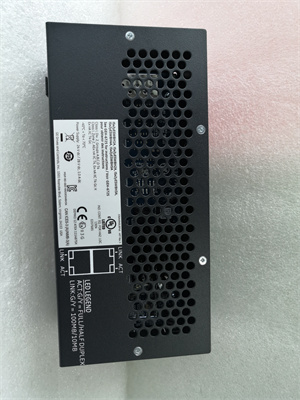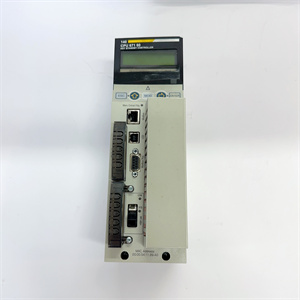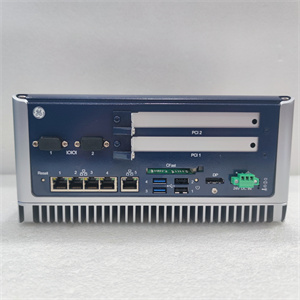Honeywell SC-UCMX01
Honeywell SC-UCMX01 Production Description
The Honeywell SC-UCMX01 is a Remote Terminal Unit (RTU) within the CONTROLEDGE™ RTU process controller series. Here's a possible breakdown of its production process:
Components:
High-quality electronic components for industrial environments:
- Microcontroller or microprocessor for core processing and control functions.
- Memory chips for storing program code and data.
- Analog-to-digital converters (ADCs) to convert analog sensor signals to digital data (if applicable).
- Digital I/O circuitry for interfacing with digital sensors and actuators.
- Communication interface circuitry (e.g., Ethernet, RS485) for connecting to supervisory control systems (SCADA) and other devices.
- Power supply circuitry to regulate and distribute power throughout the module.
- Galvanic isolation components to isolate input, output, and communication signals for safety and signal integrity (critical in industrial process control).
Housing suitable for industrial environments (e.g., flame-retardant plastic with proper heat dissipation features).
Production Stages:
Component Sourcing:
- Honeywell sources high-quality electronic components from reliable suppliers that meet their performance and reliability standards for industrial applications.
PCB (Printed Circuit Board) Manufacturing:
- The SC-UCMX01 likely utilizes a PCB for its core functionalities. This PCB is likely fabricated according to Honeywell's design by a specialized PCB manufacturer.
PCB Assembly:
- Automated pick-and-place machines for accurate component placement.
- Reflow ovens or wave soldering techniques for secure connections.
- Additional hand soldering or rework for critical components (possible depending on the design).
- Automated and visual inspection to verify component placement and functionality.
- In a controlled environment with stringent quality control procedures, the electronic components are precisely placed and soldered onto the PCB. This might involve:
Programming and Testing:
- Electrical testing to verify signal processing capabilities, I/O channel operation, and communication protocols.
- Performance testing to assess processing speed, communication speed, and response time under various load conditions.
- Functional testing to verify the module's ability to interact with sensors, actuators, and SCADA systems as intended.
- Environmental testing to verify the module's performance within its specified operating temperature, humidity, and vibration ranges.
- The PCB is likely programmed with the necessary firmware to define its communication protocols, control logic, and functionality for process control applications.
- Rigorous testing is performed to ensure proper functionality, including:
Final Assembly and Packaging:
- The completed PCB is placed in its designated housing.
- Any additional components like terminal blocks for user connections are installed.
- The final assembly undergoes a final round of inspection for functionality, safety compliance, and cosmetic defects.
- Secure packaging is used to protect the RTU during transportation and storage.
Documentation:
- User manuals with clear instructions for safe installation, configuration, programming (if applicable), and operation within a process control system.
- Technical specifications detailing communication protocols, supported sensor/actuator types and voltage ranges, environmental limitations, and safety certifications.
- Honeywell likely provides comprehensive documentation for the SC-UCMX01, including:
Additional Notes:
- The specific production process might vary depending on the exact variant of the SC-UCMX01 model.
- Honeywell likely has a robust quality management system in place to ensure the reliability and performance of their industrial process control products.









